With only a single American life lost, Easy Company destroyed the German companies, taking out 50, wounding 100, and capturing another 11.
The 2011 passing of Major Richard Winters — the retired commanding officer of the famed “Easy Company” of the 506th Parachute Infantry Regiment, 101st Airborne Division — marked the end of a remarkable era in Second World War history.
Under his leadership following the loss of his commanding officer on D-Day, Easy Company fought their way from the beaches of France all the way into the heart of Germany where they saw the end of the war.
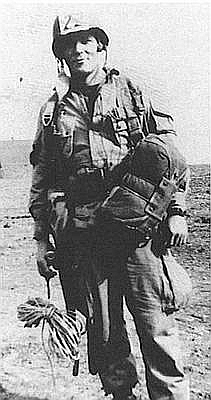
The impact of Winters’ bravery and that of the troops under his command cannot be understated; men like the brothers of Easy Company helped turn the tide of the war at a time when Allied victory was far from guaranteed.
As a member of E Company, Winters rose from Lieutenant to Major during some of the fiercest battles in American history. His larger-than-life heroics became the subject of an HBO miniseries, but Winters was quick to downplay his own actions.
In his 2006 memoir, Band of Brothers, he wrote, “the cohesion that existed in the company was hardly the result of my leadership… the company belonged to the men, the officers were merely the caretakers.”
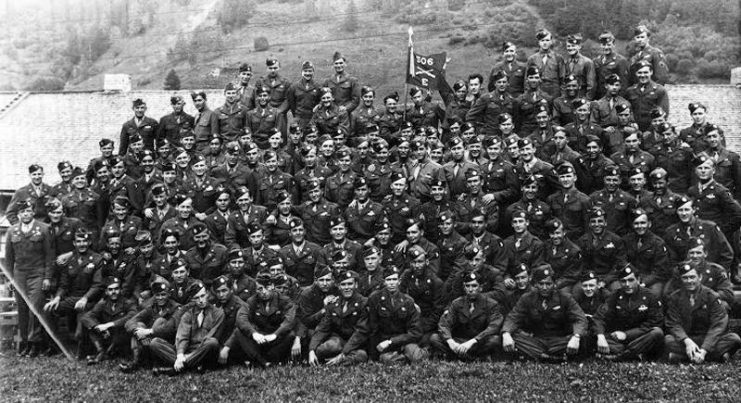
Nonetheless, his brothers were not so quick to dismiss his heroism.
Shortly after Winters’ memorial service, William Guarnere, a former staff sergeant under his command said, “He was the first one out there, yelling, ‘Follow me!’” Winters was shot in the leg during an assault on a German machine gun battery that was decimating troop advances on the beach, but he “still kept going,” Guarnere continued.
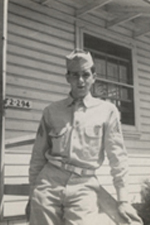
Winters’ characteristic humility and the tales of his and his men’s bravery are well-documented thanks to the men’s fastidious record keeping. When war historian Stephen A. Ambrose took on the task of writing a book about Easy Company in 1990, he found no shortage of written records kept by the surviving men.
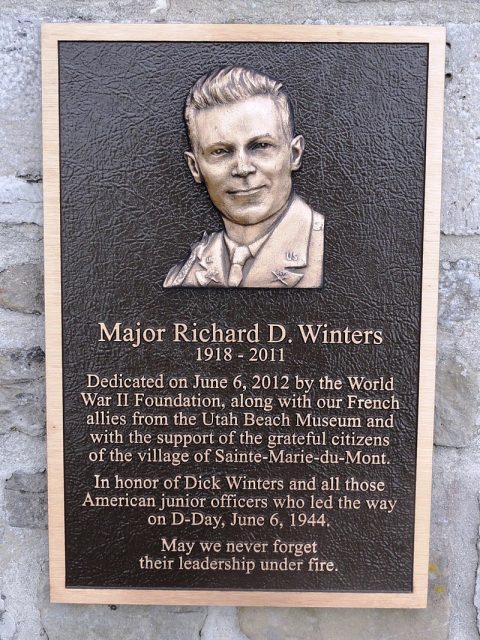
One such record tells of Winters climbing a dike in the Dutch village of Zetten only to find 300 Germany soldiers on the other side – and then ordering his force of just 35 to open fire.
With only a single American life lost, Easy Company destroyed the German companies, taking out 50, wounding 100, and capturing another 11.
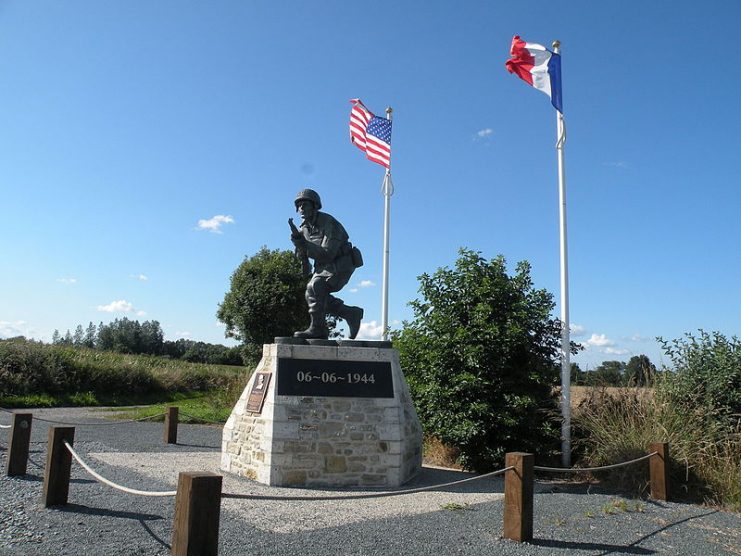
Ever reluctant to accept credit for his men’s hard work, Winters credited their success to discipline.
Winters joined the Airborne division because he considered it a challenge, and learned early on that a soldier was only as good as the men he fought alongside. Speaking of his strenuous training before the war he said, “it was equal for every man, every officer. Nobody was getting by with a thing. Everybody was being treated the same.”
Winters suggested that this brotherhood was behind Easy Company’s success. The now-famous title of Stephen Ambrose’s history of Easy Company (and the subsequent HBO miniseries) — Band of Brothers — is a nod to Winters’ humility taken from the pages of Shakespeare.
Before the battle of Agincourt in Henry V, the titular character extols the camaraderie of soldiers in a lengthy speech:
From this day to the ending of the world,
But we in it shall be remember’d;
We few, we happy few, we band of brothers;
For he to-day that sheds his blood with me
Shall be my brother; be he ne’er so vile,
This day shall gentle his condition
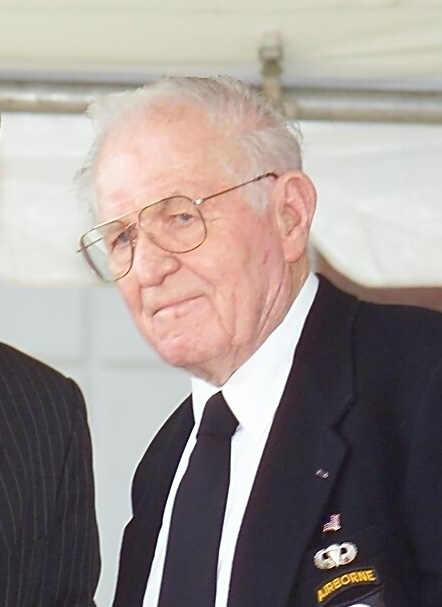
Read another story from us: 5 Little Known Facts about Easy Company “Band of Brothers”
The legendary brotherhood of Easy Company is well-preserved in the pages of American history, and thanks to the careful work of historians such as Ambrose, Major Richard Winters’ bravery and leadership will not be forgotten or allowed to fade with the passage of time.
